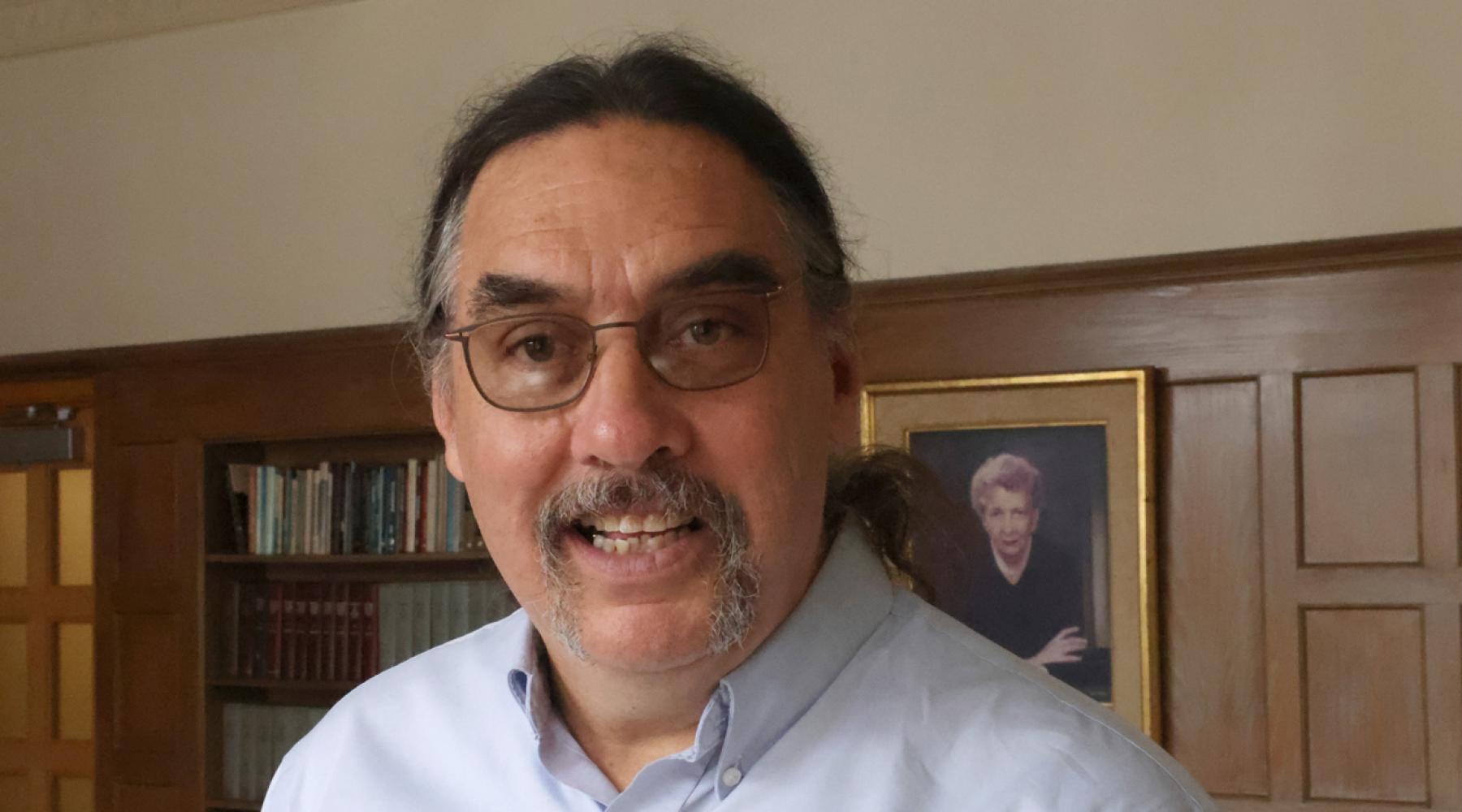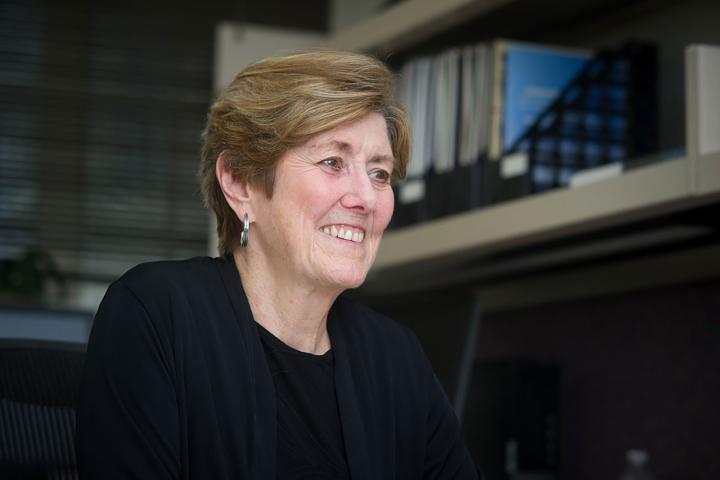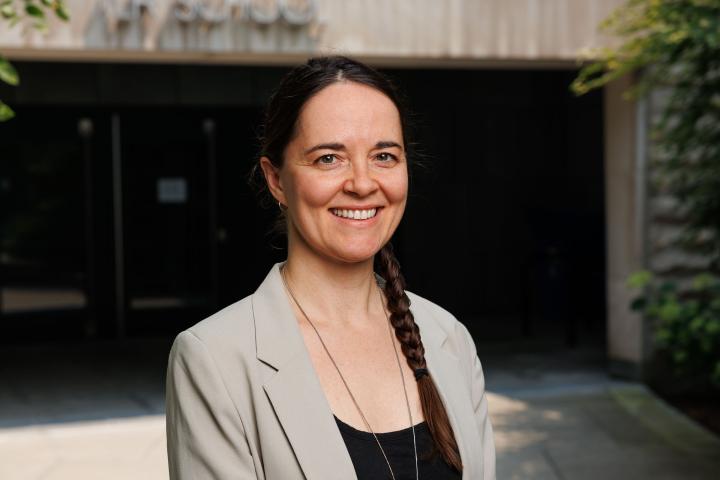
Get to Know: Paul Ortiz
Paul Ortiz, a professor in the Department of Global Labor and Work, joined the ILR faculty in the fall of 2024 after 15 years in the history department at the University of Florida. A third-generation U.S. military veteran, Ortiz has written several books, including An African American and Latinx History of the United States, which received the 2018 PEN Oakland-Josephine Miles Award for Literary Excellence.
What is your research about?
I am a nationally recognized scholar in the fields of African American and Latinx studies as well as oral history. In my forthcoming book, A Social Movement History of the United States, I am especially concerned with the ways that working people have created social movements in efforts to democratize society from the time of the American Revolution to the present. My sources include oral history interviews with descendants of conductors and freedom seekers on the Underground Railroad, farmworker memoirs, and the rich archival labor history collections of the Kheel Center at ILR. I am also beginning research on a book on settler colonialism and “The War on Terror” from 1492 to the present.
How did you become interested in your field?
After growing up as a working-class Chicano kid in a shipyard town and military service in U.S. Special Forces in Central America, I came up through the ranks of the labor movement. I was a picket line captain during the 1990 Greyhound Bus Strike, an organizer for the United Farm Workers’ Chateau Ste. Michelle Winery Boycott, and an AFL-CIO local union president at the University of Florida. These experiences taught me the importance of history, solidarity and creative coalitions in challenging inequalities of all kinds. I am constantly on the lookout for ways to help scholars, students, and community organizers apply lessons of past struggles for justice to contemporary social conditions.
What impact do you hope your research will have?
I strive to encourage students and members of the public to understand that history plays an integral role in our everyday social relations. I consult with public school districts across the country in efforts to create more rigorous, inclusive and engaging history and social sciences curricula. I believe that accessible, jargon-free social history plays a critical role in creating a more democratic society. Many of my former students are now active in labor and other social movements or are involved in efforts to democratize society through their work in legal aid, immigrant rights, business and other fields.
What attracted you to the ILR School?
I have been a fan of the ILR School my entire academic career. The opportunity to serve with Ileen DeVault on the Philip Taft Book Award Committee for the last several years has given me a front-row seat to the remarkable renaissance of labor scholarship that is truly international in scope. ILR’s commitment to theory and practice and its emphasis on working people’s lives in and beyond the workplace gives me the ideal place to test out new ideas on how social change occurs.
What are you most excited for about your time at ILR?
Having the opportunity to work with incredibly smart and intellectually passionate faculty, staff and students.
Cornell’s “Any Person, Any Study” ethos – how will you be part of that?
Being a conduit for vital knowledge from marginalized communities that we academics need to learn from, as well as sharing my research and teaching with folks outside of campus.
If you could share one piece of advice with your students, what would it be?
Learn how to become a good writer. I tell my students that writing is to the 21st century what public speaking was to the 20th. Above all, never stop asking questions.
Besides your work, what's something that you're passionate about?
Working with my wife, Sheila, to provide foster care for cats.
Favorite piece of advice from a mentor or inspiring figure in your life?
No one can fight injustices alone; make friends, comrades, and organize, organize, organize!
What was the best part of your college experience?
I learned the rudiments of becoming a movement historian thanks to the example of brilliant instructors and faculty who were connected to past struggles, such as the Antiapartheid movement in South Africa, civil rights and farm worker unionism in the United States.
What’s something people are surprised to learn about you?
I lecture regularly for Fortune 100 corporations on aspects of African American, Latinx and labor history. Through this work, I have discovered that some corporations are working harder to implement practices of diversity, equity, inclusion and freedom of thought than many of our universities!


